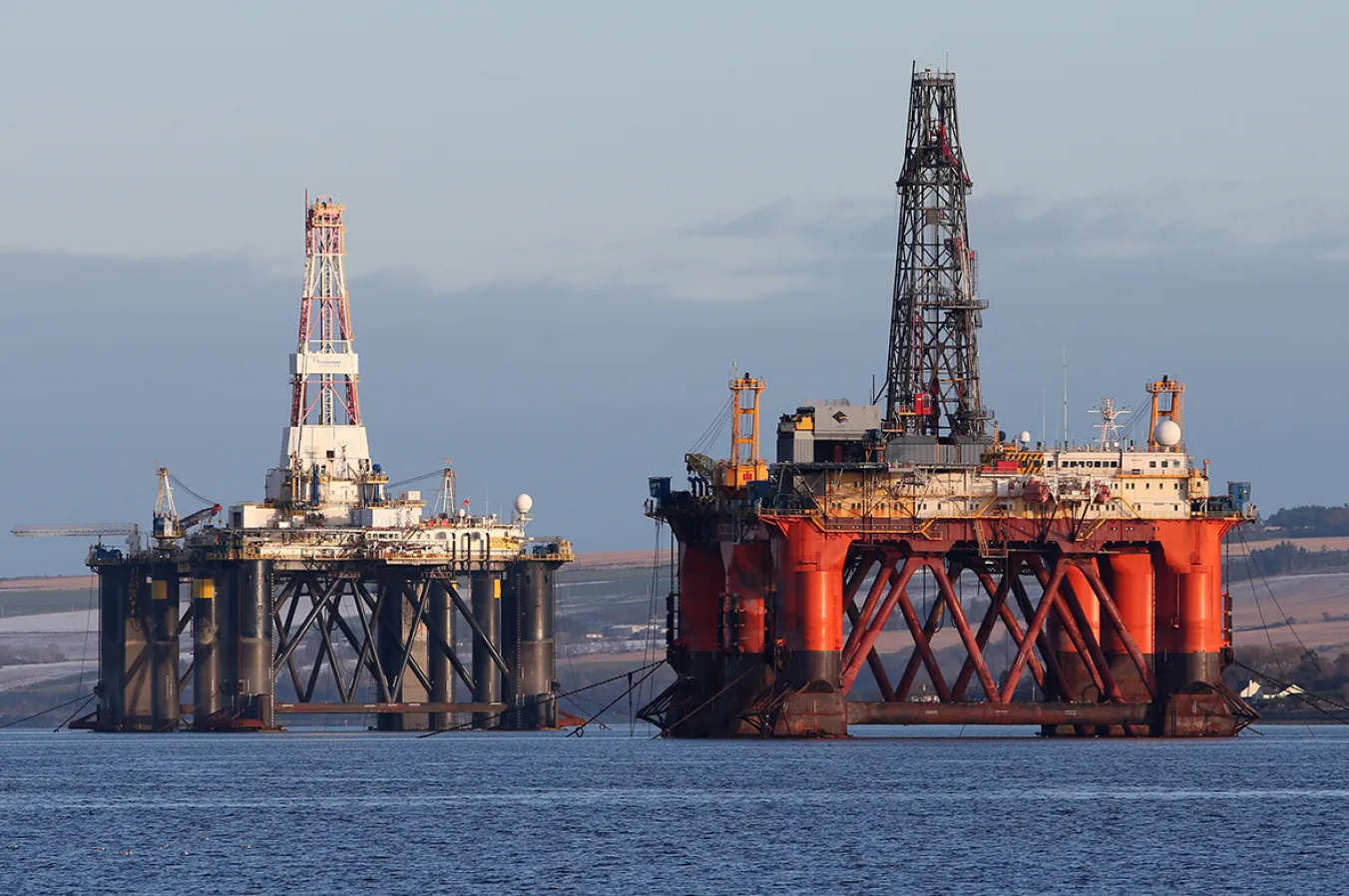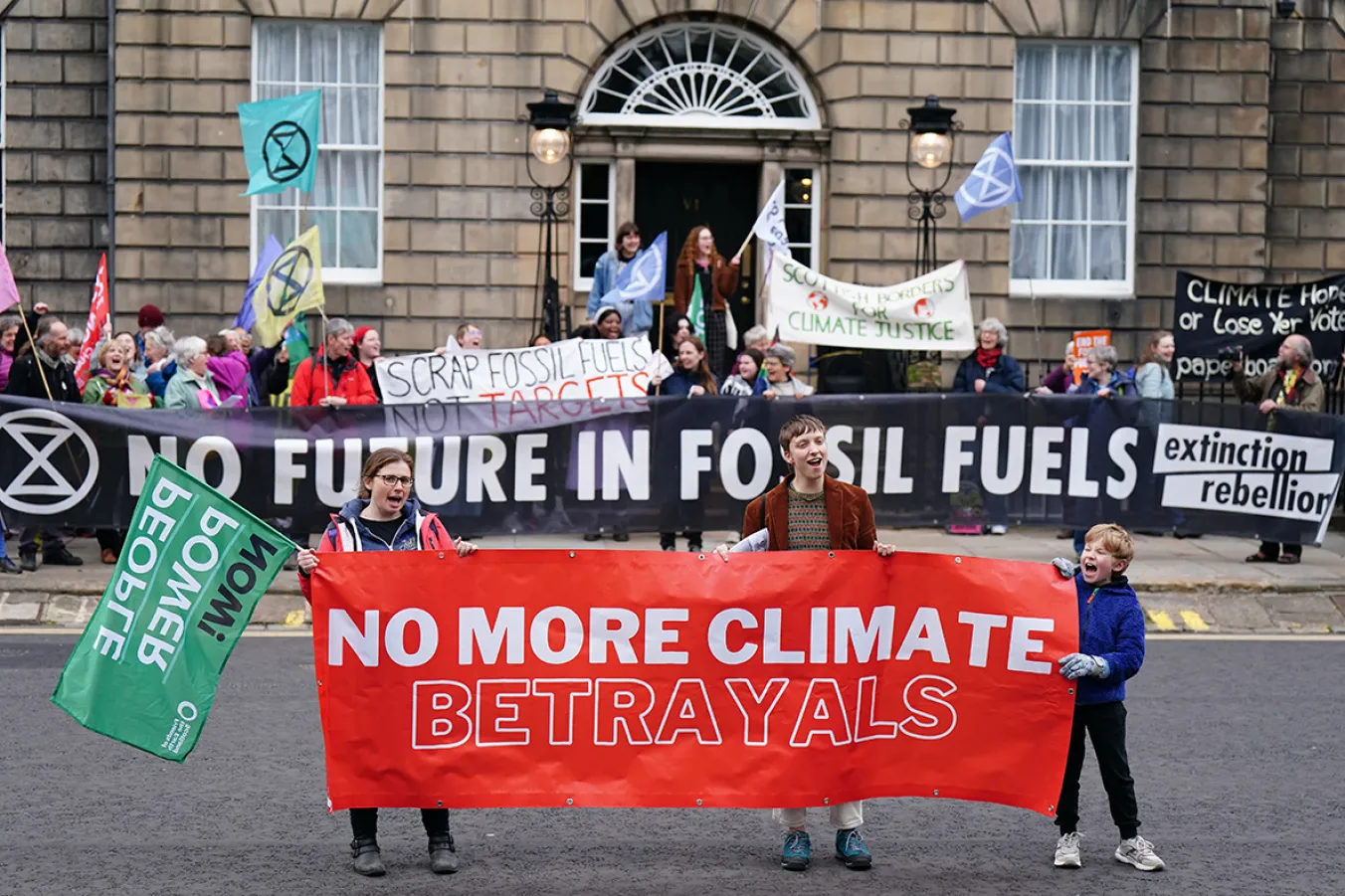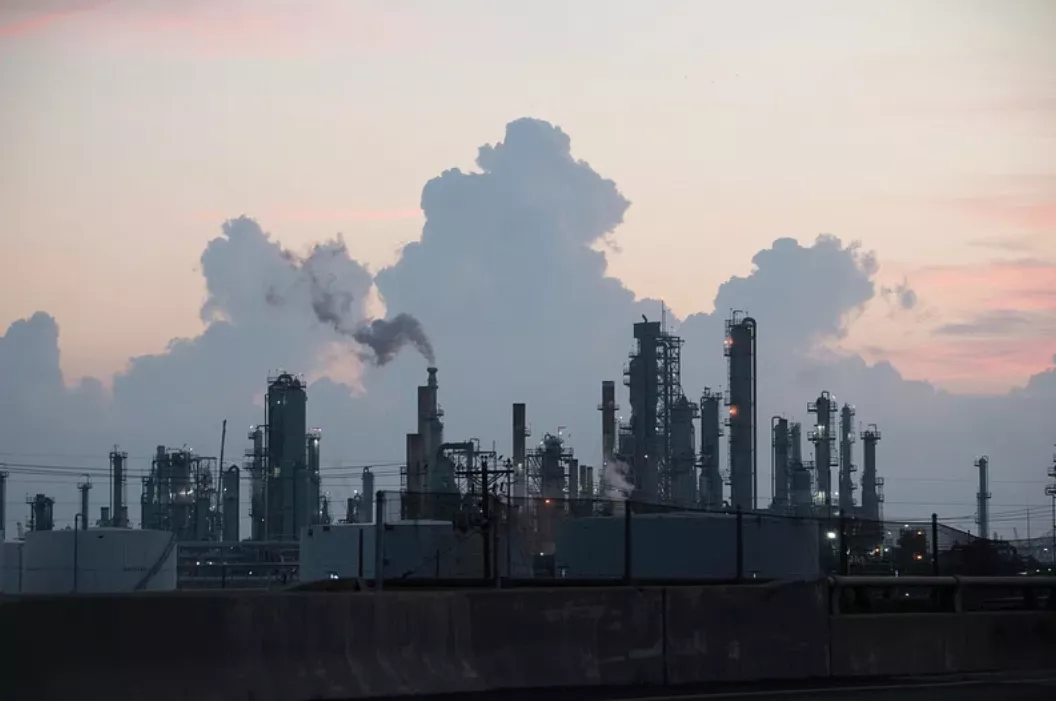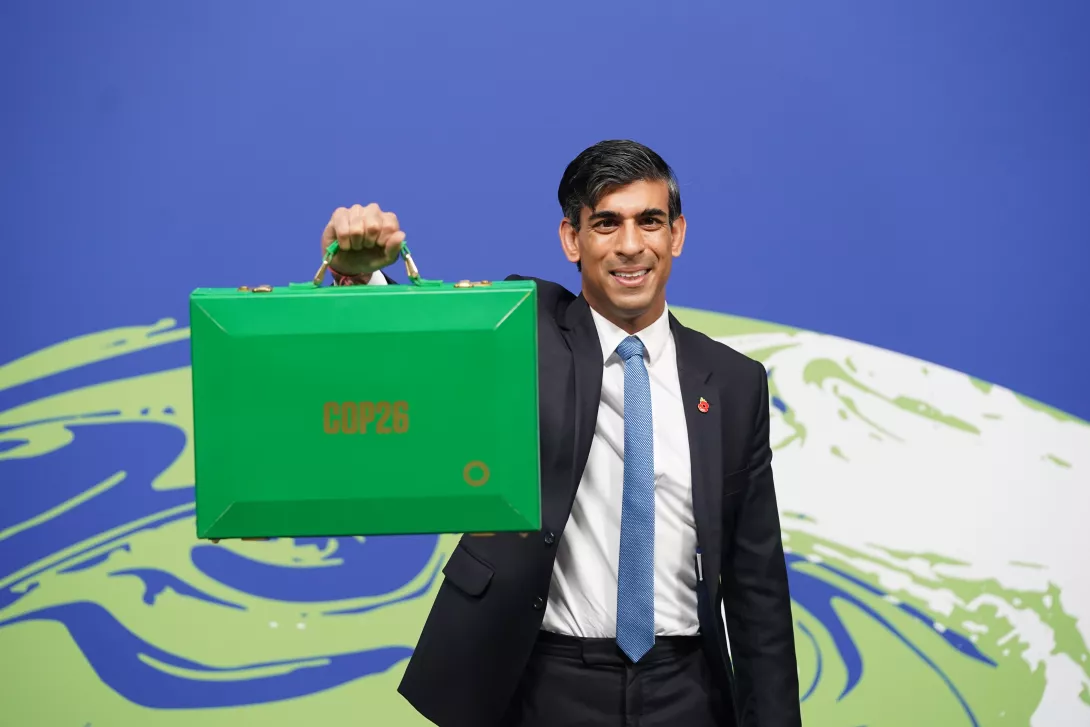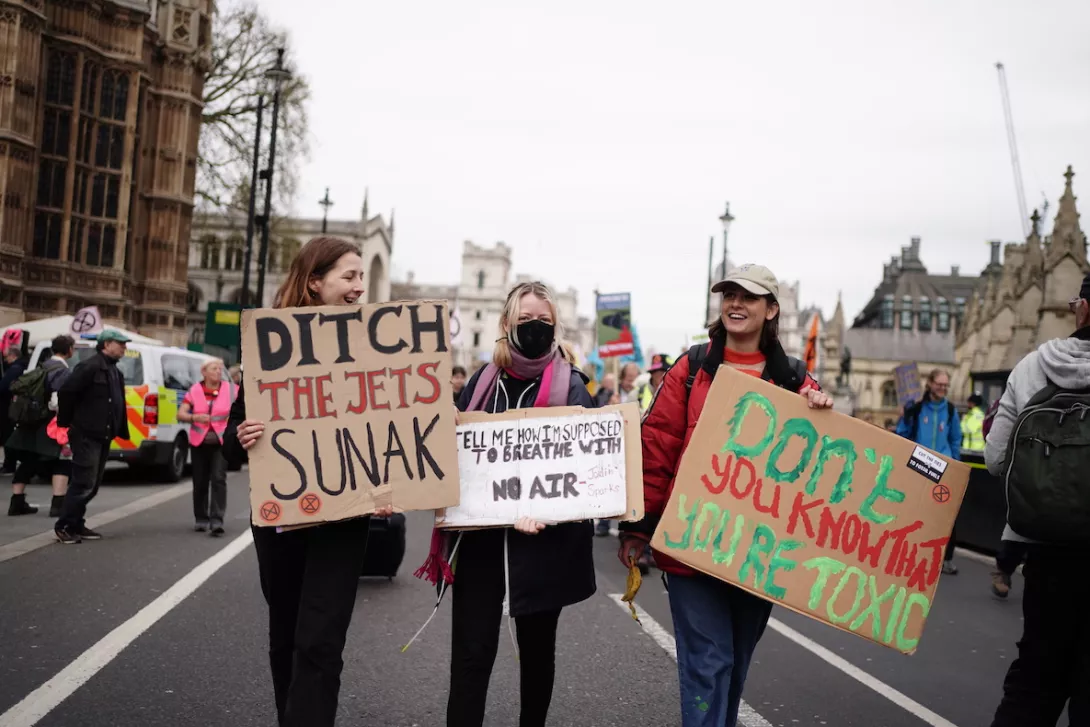
THE effects of climate change are plain to see. Over recent months we have seen excessive temperatures and wildfires in southern Europe, while the US and China have recorded the hottest temperature on Earth since records began.
For the global South, this is no more than business as usual, with flooding in the Indian subcontinent and desertification in Africa — where we have also seen the first famine caused by climate change, in Madagascar. In irreversible developments ice caps are melting, sea currents changing and permafrost thawing.
Climate organisations, most notably the UN International Panel on Climate Change (IPCC), have reported recently that, far from containing post-industrial global warming to the 1.5°C set by the Paris Agreement, we will shortly pass that figure and are set to heat the Earth up by 2.5-3°C by the end of the century; temperatures which would be disastrous.
It is clear that parts of the world will reach — and are nearing a point — where increased temperatures will make them unable to support human life, meaning that the people who live there will have to find somewhere else to go, exacerbating the current migrant crisis.
The IPCC has said for some time now that governments in the developed world are not doing enough to reduce carbon emissions. The British government’s performance has been particularly woeful.
While a leader in targets — to cut emissions by 68 per cent by 2030, 78 per cent by 2035 and net zero by 2050 — Britain has done practically nothing towards meeting them.
The British government’s own independent Climate Change Committee (CCC) has published a number of reports highly critical of the government’s performance and its recently retired leader Lord Deben, former Tory minister John Selwyn Gummer, was scathing in his retirement comments as to how little the British government has done to meet its climate obligations.
Two weeks ago, following the by-election in Uxbridge and Ruislip, having narrowly hung on to the seat on the back of a campaign based on local opposition to the proposed extension of the London ultra low emissions zone (Ulez), Tory PM Rishi Sunak, notwithstanding a London coroner having recently ruled that the death of a young Londoner was the result of air pollution caused by fossil fuel-burning traffic, called for a halt and review of all plans for schemes to reduce air pollution in cities by redirecting traffic, posturing as being “on the side of the motorist.”
Sunak then went on to announce that he would review all the government’s net zero policies to ensure that they are “pragmatic and proportionate.”
Spooked by this, Labour has also begun to row back on its policies on the environment, putting pressure on London Mayor Sadiq Khan to “look again” at his plans to extend Ulez and this after having, even before the Uxbridge result, withdrawn its promise to spend £28 billion on a “green economy.”
Last week Sunak announced that his government is granting over 100 new licences for oil and gas exploration in the North Sea, claiming in a peculiarly Orwellian statement that to do so is “consistent with the UK’s net zero plan.”
It isn’t. How could it possibly be?
Nor should we forget that the Tory government has approved the opening of a new coalmine in Cumbria and effectively banned on-shore windfarms — one of the quickest, cheapest and cleanest forms of renewable energy.
The British government cannot be ignorant of the manifest signs that the Earth’s climate is racing towards catastrophe, even quicker than has been previously forecast and yet it wilfully looks the other way.
If it is a general political truth that the ruling class will organise society for its own advantage, then it is a specific truth that the ruling class and its supporters and funders will blithely imperil the existence of the world as we know it to ensure continued opportunity for the accumulation of profit.
They cannot plead the cost of change when their policies support huge profits for energy companies. They cannot claim to be on the side of the ordinary hard-working person when they have held wages down and failed to take effective action to provide affordable alternatives to driving.
They cannot argue that the war in Ukraine means we need to ensure energy security by increasing fossil fuel production when it offers an opportunity to begin to wean ourselves off it.
They cannot claim to be leading the world on net zero when their own advisers accuse them of doing next to nothing.
Opening a new coalmine, opposing city centre emission reduction schemes, refusing new wind farms and opening up the North Sea for new oil and gas exploration are about as far from being consistent with Britain’s net zero plan as it could be possible to be.
There is no excuse for the British government to drag its feet on carbon emission reduction — least of all in a shabby attempt to persuade voters, after the incomparable shambles of the last 13 years of Tory government, that they should vote for another five years of it.

